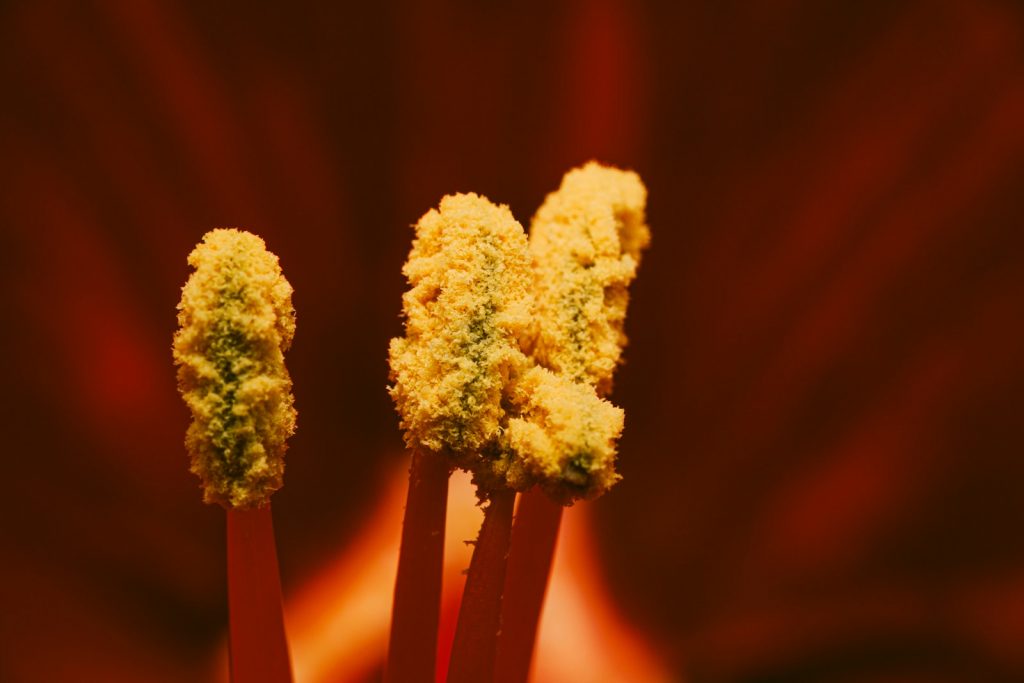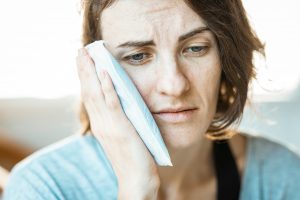10 Outdoor Activities You Should Avoid if You Have Pollen Allergies

Navigating the challenges of allergies while trying to enjoy the great outdoors can be a daunting task for many. Whether it’s a serene picnic in the park, an adventurous hike, or simply tending to a garden, the presence of pollen can significantly impact the experience for those sensitive to these airborne allergens. This guide aims to shed light on various outdoor activities that might pose risks for individuals with allergies and offer strategies to mitigate these risks, enabling a more enjoyable and symptom-free engagement with nature. From understanding the allergen potential of different environments to selecting the right time for outdoor activities, we’ll explore how to harmonize a love for the outdoors with the need to manage allergies effectively.
Flower Festivals and Allergies
Attending flower festivals, while visually appealing and culturally enriching, can be a significant challenge for individuals with pollen allergies. These events showcase a variety of blooming plants and often coincide with peak pollen seasons. For those with sensitivities, exposure to such environments can trigger severe allergic reactions, including sneezing, itching, and respiratory discomfort.
Tips for Attending Flower Festivals:
- Timing is Everything: Try to attend early in the morning or later in the afternoon when pollen counts are typically lower.
- Check Pollen Forecasts: Use apps or websites to check pollen forecasts and plan your visit on days with lower counts.
- Protective Gear: Consider wearing sunglasses and a wide-brimmed hat to reduce pollen contact with your face and eyes.
Hiking and Allergy Triggers
The great outdoors offers a plethora of benefits, from fresh air to scenic views, but it also presents potential challenges for individuals with allergies. Hiking through forested areas or nature trails exposes individuals to a wide array of allergens, particularly from trees, grasses, and wildflowers, which are prevalent in these environments.
Strategies for Allergy-Free Hiking:
- Choose Trails Wisely: Opt for trails that are less dense with vegetation or are known for having lower pollen levels.
- Wear a Mask: A simple dust mask can significantly reduce inhalation of pollen.
- Post-Hike Routine: Shower and change clothes immediately after hiking to remove pollen from your body.
Outdoor Sports and Pollen Exposure
Participating in outdoor sports provides excellent physical exercise and mental relaxation but can be problematic for athletes with pollen allergies. Sports fields and courts are often surrounded by vegetation that can release significant amounts of pollen, especially during certain seasons.
Managing Allergies in Sports:
- Pre-Game Preparation: Use allergy medications as prescribed by your doctor before engaging in sports activities.
- Hydration and Nutrition: Staying well-hydrated and maintaining a balanced diet can support your immune system and reduce allergy symptoms.
- Alternative Venues: Consider indoor sports facilities during peak pollen seasons.
Camping and Pollen Contact
Camping allows individuals to connect with nature, offering a unique escape from the hustle and bustle of daily life. However, for those with allergies, this immersion in nature can mean close contact with various pollen sources.
Allergy-Friendly Camping Tips:
- Campsite Selection: Choose sites that are away from fields of flowers or dense vegetation.
- Use of Tents: Opt for tents with good ventilation and keep them closed when not in use to minimize pollen entry.
- Campfire Considerations: Smoke from campfires can exacerbate respiratory symptoms, so sit upwind if possible.
Picnics and Pollen Levels
Picnics provide an opportunity to enjoy food and companionship in a natural setting, but selecting the location carefully is crucial for individuals with allergies. Picnicking in areas with high grass or near blooming plants can increase pollen exposure.
Creating an Allergy-Friendly Picnic:
- Location Matters: Choose picnic spots with fewer flowering plants or in areas where grass has been recently mowed.
- Table Setup: Use a tablecloth to create a barrier between food and pollen.
- Food Choices: Be mindful of foods that may further trigger allergies, such as those containing nuts, if you’re sensitive.
Lawn Mowing and Allergen Release
Mowing the lawn, a routine task for many homeowners, can be fraught with challenges for those with pollen or grass allergies. The action of cutting grass releases a large volume of pollen and mold spores into the air.
Safe Lawn Care Practices:
- Mowing Schedule: Mow during times when pollen counts are lower, typically in the late afternoon.
- Protective Clothing: Wear long sleeves, pants, and a mask to limit exposure.
- Alternative Landscaping: Consider low-pollen grass varieties or artificial turf to reduce allergy triggers.
Cycling and Airborne Pollen
Cycling offers numerous health benefits, but for individuals with allergies, the experience can be less than idyllic, especially during high pollen seasons. Riding through areas with abundant vegetation can expose cyclists to airborne allergens.
Cycling with Allergies:
- Route Planning: Choose routes through urban areas or paths with less vegetation.
- Allergy Medications: Use antihistamines or nasal sprays as preventive measures before cycling.
- Post-Ride Routine: Rinse your face and eyes with water after cycling to remove any pollen.
Outdoor Music Festivals in Pollen Season
Outdoor music festivals offer unique cultural experiences but can pose challenges for attendees with pollen allergies. Being outdoors for extended periods, often in grassy or wooded areas, can lead to significant pollen exposure.
Tips for Festival-Goers:
- Seating Choices: Sit on a blanket or chair to avoid direct contact with grass.
- Timing Attendance: Attend festivals during times of the year with typically lower pollen counts.
- Hydration: Drink plenty of water to help your body combat allergy symptoms.
Gardening and Pollen Exposure
Gardening is a rewarding hobby that connects individuals with nature, but it can also be a source of allergen exposure. Handling plants, disturbing the soil, and being in close contact with flowers can release pollen and other allergens.
Allergy-Conscious Gardening:
- Plant Selection: Choose plants that are less likely to trigger allergies, such as those that are pollinated by insects rather than wind.
- Gardening Gear: Wear gloves, masks, and long-sleeved clothing while gardening.
- Timing: Garden in the late afternoon or evening when pollen counts are lower.
Outdoor Dining and Pollen
Dining outdoors, especially in settings surrounded by nature, can expose diners to pollen and other airborne allergens. While al fresco dining offers a pleasant ambiance, it can also lead to allergic reactions for susceptible individuals.
Enhancing Outdoor Dining Experiences:
- Dining Area Setup: Use table coverings to prevent pollen from settling on surfaces.
- Location Selection: Choose areas with minimal vegetation or dine under a canopy.
- Food Safety: Keep food covered when not being consumed to avoid contamination by pollen.
Additional Precautions for Allergy Sufferers
While engaging in outdoor activities, it’s essential to take proactive steps to manage allergies effectively:
- Regular Monitoring: Stay informed about local pollen counts and forecasts through reliable sources.
- Medication Management: Consult with an allergist to optimize your medication regimen, ensuring it’s tailored to your specific needs.
- Emergency Preparedness: Always carry essential medications, such as antihistamines or an epinephrine auto-injector if prescribed, to quickly address any unexpected allergic reactions.
Common Mistakes and How to Avoid Them
- Ignoring Weather Reports: Weather conditions can greatly influence pollen levels, with dry, windy days often having higher counts. Always check the weather before planning outdoor activities.
- Neglecting Protective Gear: Many people underestimate the importance of protective clothing and gear. Simple additions like sunglasses, hats, and masks can significantly reduce pollen exposure.
- Inconsistent Medication Use: Consistency is key when it comes to managing allergies with medication. Skipping doses can lead to increased symptoms during exposure.
- Not Showering After Outdoor Activities: Pollen can linger on clothing, skin, and hair. Failing to shower and change clothes promptly can prolong exposure and symptoms.
By understanding the environments and activities that trigger allergies, and by implementing these strategies, individuals can enjoy the outdoors with greater comfort and less worry about allergic reactions. Remember, it’s all about preparation and smart planning to make the most of your time outside while keeping allergies in check.



